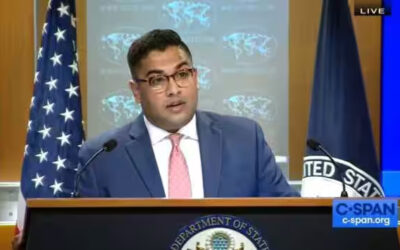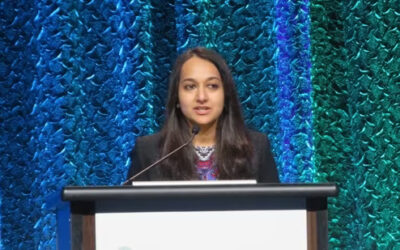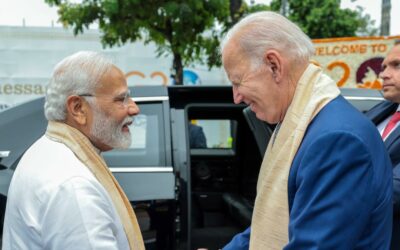An Indian-American professor at the University of California, Los Angeles, will lead a team looking into the phenomenon of ‘Valley Fever’ after winning a grant of $8.4 million from the National Institutes of Health.
Dr. Manish Butte and his team will be looking into the question – Why do some people infected with Valley fever develop a potentially fatal form of the disease that ravages their body while most experience only mild symptoms or none at all?
The team led by UCLA’s Prof. Butte has been awarded the $8.4 million grant from the National Institute of Allergy and Infectious Diseases will also study other questions related to genetic risk factors and immune responses to the disease, a Feb. 15, 2022 press release from the University said.
(Dr. Manish J. Butte is an allergist-immunologist in Los Angeles, California and is affiliated with UCLA Medical Center. He received his medical degree from The Warren Alpert Medical School of Brown University.)
The disease, which occurs when people breathe in microscopic spores of the fungus Coccidioides that are present in soil, was first identified in Argentina in the late 1800s.
Today, Valley fever is seen in a geographic swath that stretches from South America through Central America and Mexico and into the American Southwest. While people with symptoms usually recover on their own or with the help of antifungal medication, those who develop a severe, or “disseminated,” form of the disease can become severely ill and die.
“Everyone in the endemic areas is susceptible to this infection, but we have almost no ability to predict who will develop disseminated disease and lack an understanding of what part of their immune response fails to control the infection,” Professor Butte, the E. Richard Stiehm Professor of Pediatric Allergy, Immunology and Rheumatology at the David Geffen School of Medicine at UCLA, is quoted saying in the press release.
The five-year grant will establish a Conccidioidomycosis Collaborative Research Center at which researchers from UCLA and UC San Diego led by Butte will investigate innate and adaptive immune responses to Valley fever, the genomic basis for heightened susceptibility to the disease and the mechanisms that allow the fungus to evade the body’s immune system, the press release detailed. Two similar centers, at UC San Francisco and the University of Texas, San Antonio, will study how the disease attacks the body, and will work to develop therapeutics and vaccines.






















0 Comments